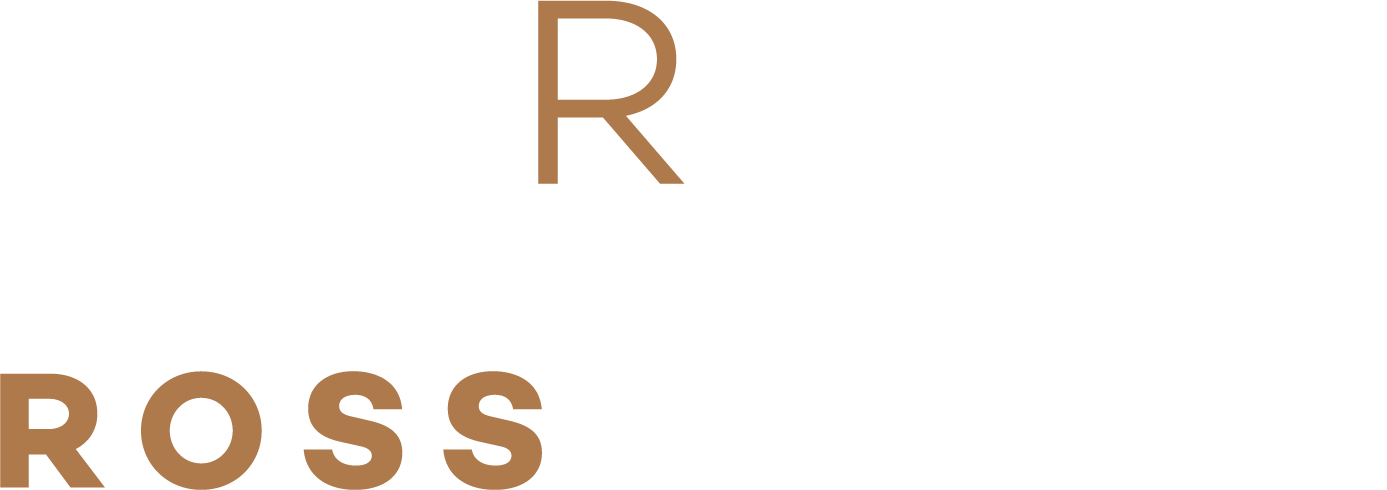EP - 13 4 LESSONS I’VE LEARNT SINCE STARTING MY BUSINESS
“Three-and-a-half years ago I quit my corporate job and decided to leap into self-employment. Nothing could have prepared me for what I would experience over the coming years.”
After six months of planning and not earning a wage, More Time Financial opened its doors on the 1st August 2015. The past three-and-a-half years have consisted of early starts, 12+ hour days, lost weekends, sleepless nights and most importantly: learning invaluable life and business lessons along the way.
The best part is, I am just getting started.
Here are the four lessons I’ve learned since starting my own business:
#1. You are responsible for everything
It starts and stops with you; you are the business owner, the employer and the employee. When things are going well, it is because of your hard work; when things are going badly, it is because of your mistakes. You can try and complain about your boss is a pain in the ass or how you wish you could get a pay rise, but it doesn’t do much good when you are the only person in the room.
“Even though it may feel like you are not making any progress day-to-day, it is important to look at the bigger picture and monitor your results on a six monthly or annual basis. And while it may seem like everyone else has their shit together, the truth is that they are all going through the same stuff as you.”
#2. You need to know your business’ numbers
Being a naïve 24-year-old, I had no idea of the costs that were required to open and run a business. Before you open your doors, the bills start coming in left, right and center. Even now there is a never-ending list of expenses and bills that need to be paid before you have even seen your first client or made your first sale for the month.
Having studied business and commerce at university, I had a good understanding of how businesses operate and what was required from the bookkeeping and accounting side of things. But no amount of education prepares you for life in the real world. People always said that running your own business is all about cash flow, but I thought this was just something people said and I didn’t understand the importance of knowing your numbers. This includes:
How much you are expected to earn each month.
What your fixed and variable expenses will be.
How much you need to put away for tax and GST each quarter.
#3. The work never stops
You’ll have a to-do list that gets longer by the minute and constantly be responding to client needs while trying to deal with all of the other unexpected things that pop up at the worst possible times. If you are not good at managing your time, it can feel like you are forever putting out fires that bring zero value to your business. It’s not an option to pass off the not-so-fun work to someone else; if you do not do what is required, it will not get done, period.
#4. Keep your business and personal finances separate
The idea that running your own business means you can pay for everything on the company card is fun, at first, until you realise that you are the one paying for it. Something that I was taught early on, which has been a big help, was knowing not to treat business bank accounts like I owned them. Depending on what type of business structure you have means this may be easier said than done.
However, if you don’t have your personal shit together – especially with your finances – it’s the quickest way to set yourself up for failure. It only becomes more confusing when invoices and expenses start coming in and out of your business. From speaking with other small business owners, I know that being able to separate personal and business finances is one of their most significant challenges. Part of this comes down to understanding where your business finances end and personal finances begin, primarily if you are working as a sole trader or have just started your own business.
It has been good to look back over the wild ride that has been the past 36 months and appreciate the things that we have done well and to learn from the things that we have not.
I hope that you can apply these lessons to your business.


